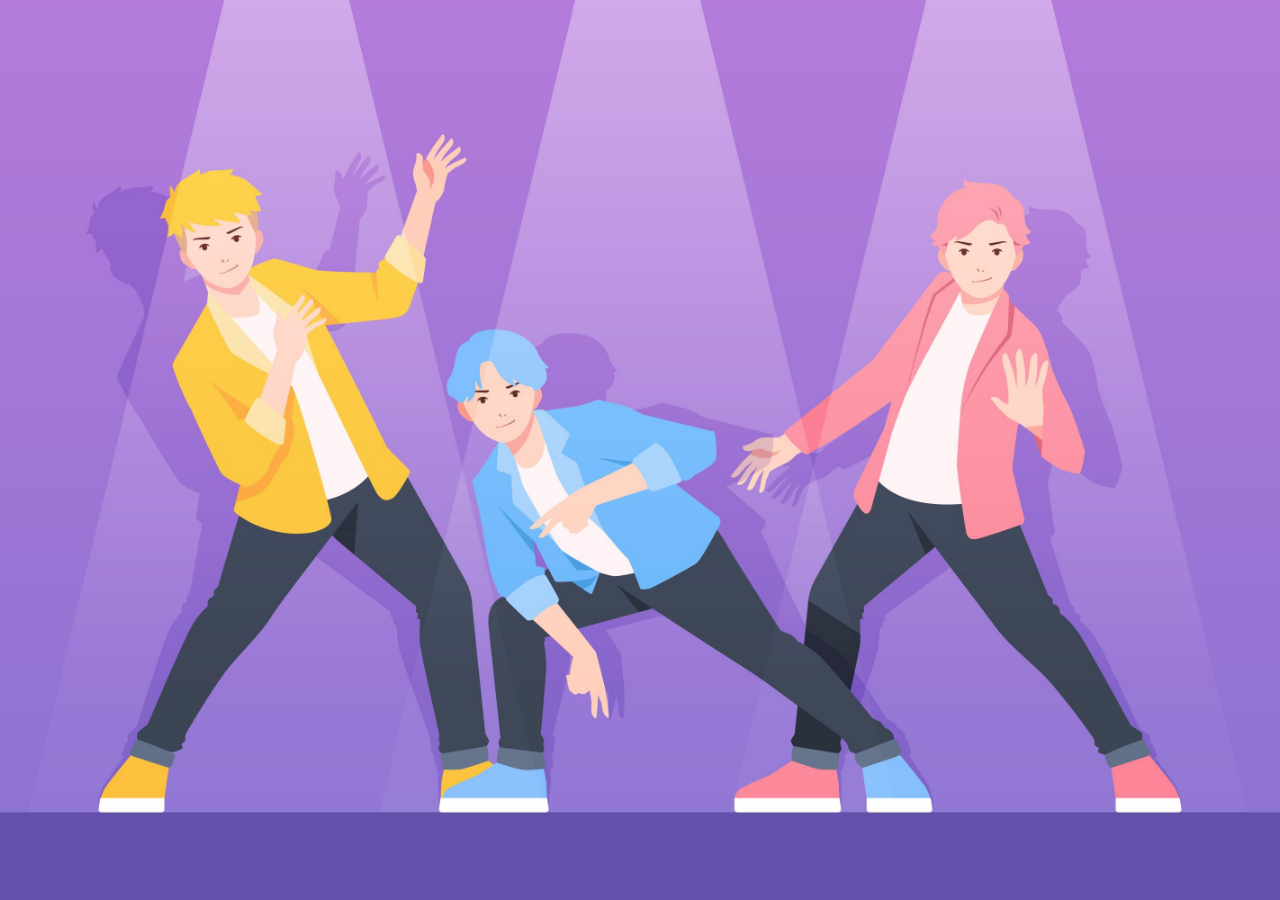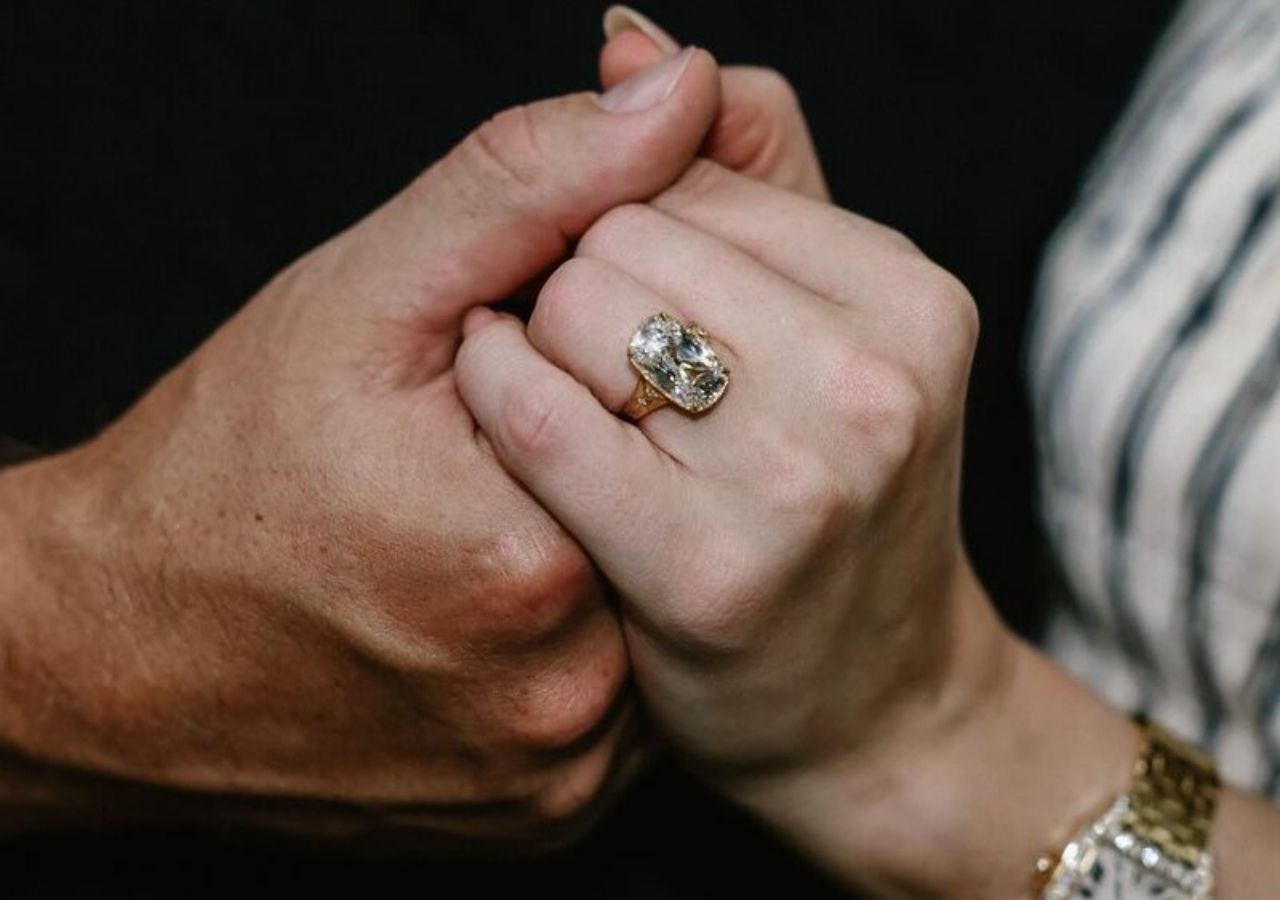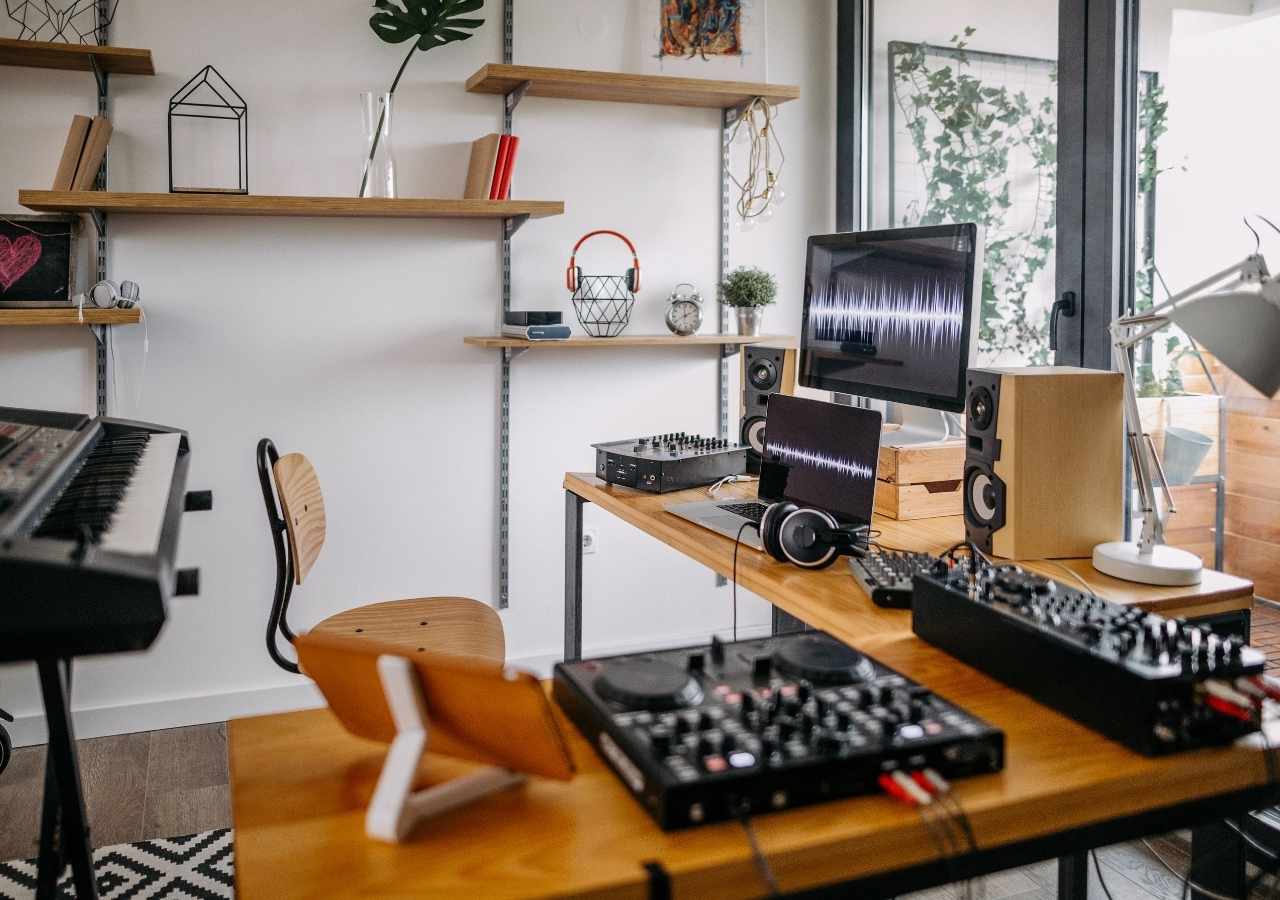Niche Songwriting: History, Heartbreak, and Hits
Learn how to blend historical narratives with personal heartbreak to write unique, powerful songs. Discover niche songwriting ideas and practical tips.

Page Table of Contents
In the vast universe of songwriting, love and heartbreak are recurring stars. But what happens when you pair the rawness of personal heartbreak with the rich narrative of history? You get a unique path to creating songs that are not only deeply personal but also universally resonant. This is the essence of niche songwriting—focusing on specific themes to craft something truly original.
Blending history with personal heartbreak may sound a little unexpected, but it works like magic. History gives you the big picture—the drama, the setting, the weight of the story. Heartbreak brings the raw emotion that people instantly relate to. Put them together and you've got something powerful. Just think of those old folk songs that talk about real events but also reveal the singer's own pain. When you mix epic moments with personal feelings, the song feels huge and timeless, yet still hits close to home.
This guide will walk you through how to find inspiration in niche topics, blend personal pain with historical context, and turn your unique stories into powerful, unforgettable songs.
Sometimes, the best ideas come from the most unexpected places. Online forums and communities are treasure troves for songwriters looking for fresh angles. A thread on Reddit about favorite niche songwriting subjects revealed a desire for songs about unconventional topics like architecture or specific historical figures. This suggests that people are looking for music ideas that venture beyond conventional themes.
Songwriters on platforms like Medium emphasize the importance of channeling personal experiences into music to forge a genuine connection with the audience. This authenticity is what prevents music from feeling generic. Communities like r/Songwriting or r/MusicInspiration on Reddit give you a peek into how other writers work. People share ideas, family stories, and lyrics, making it a great place to see which niche songwriting themes inspire others.
Once you've found a compelling idea, you need a solid framework to turn it into a song. The key is to strike a balance between the specific and the universal. [Source] You want to tell a personal story that listeners can see themselves in.
Here's a practical approach tailored for combining history and heartbreak:
Try this simple writing exercise: Choose a historical event and a personal memory of heartbreak. Write two lines about the historical event, then two lines about your personal feeling. Alternate back and forth, looking for surprising connections and lyrical intersections.
Many successful artists have masterfully blended personal tragedy with broader narratives. For instance, Rachel Chinouriri often draws from family history and personal heartbreak, creating songs that feel both specific and relatable.[Source] Adrianne Lenker of Big Thief is known for her raw, honest storytelling, which frequently intertwines personal experiences with elements of nature and folklore, creating a powerful sense of place and time.
To see this in action, let's analyze how a song might encode historical details with emotional weight. Imagine a song about the Great Fire of London.
A songwriter might compare a burning city to a breakup—the smoke, the chaos, the sense of loss. The history adds vivid detail, while the heartbreak makes it feel personal. Mixing old street names from 1666 with the pain of a failed relationship could create lyrics that hit on both levels.
The ultimate goal is to transform your private pain into a shared emotional experience. A Medium article on songwriting highlights how injecting your most authentic emotions into your music creates a powerful connection with listeners. It's about letting the raw, unfiltered pulse of your experience beat at the core of the song.
This doesn't mean every song has to be a sad story. As one creator on YouTube Shorts points out, songwriting is often about transforming pain into something hopeful. Your historical narrative can provide a path for that transformation. Perhaps the story of a city rebuilding after a disaster becomes a metaphor for your own healing process.
Here's another exercise: Write a short lyrical verse about a piece of your family history. Write a verse about a recent heartbreak, then blend it with the older story. Look for a shared image or theme—maybe a grandparent's resilience sheds light on your own pain. That's where the magic happens.
Sharing your work is a vital part of the creative process. Platforms like Lemon8 are filled with writers sharing lyric ideas and mood boards, creating a collaborative space for inspiration. Getting feedback can help you see your song from a new perspective and refine your ideas.
Check out local or online songwriting groups, like the Los Angeles Songwriters Network (SongNet), where you can share your songs and get honest feedback. Joining a meetup or even an online forum is a great way to see how your "history + heartbreak" ideas land with real people. Try posting a verse or singing a chorus and pay attention to the reactions. Do listeners connect with the story? Do they feel the emotion? That kind of feedback is gold when it comes to sharpening your skills.
Mixing history with heartbreak yields strong, niche songwriting. History adds detail, your experiences add emotion, and together they create songs that hit both the mind and the heart.
Don't be afraid to dig into obscure historical corners and your own deepest feelings. The most compelling songs often come from the most unexpected combinations. So, pick a moment in history that speaks to you, connect it to a piece of your own story, and start writing.
What historical event or personal story are you inspired to write about? Share your ideas in the comments below!

Explore the differences between K-Pop, J-Pop, and C-Pop—from their history and music style to industry models and global strategies. Discover how Asia's pop powerhouses are reshaping the world stage.…

Explore how Taylor Swift's love songs became timeless. Learn lyric techniques, tempo choices, and fan engagement strategies that any songwriter can use.…

Avoid these common home recording mistakes that ruin your sound. Get professional results with proper mic placement, room treatment, and smart recording habits.…